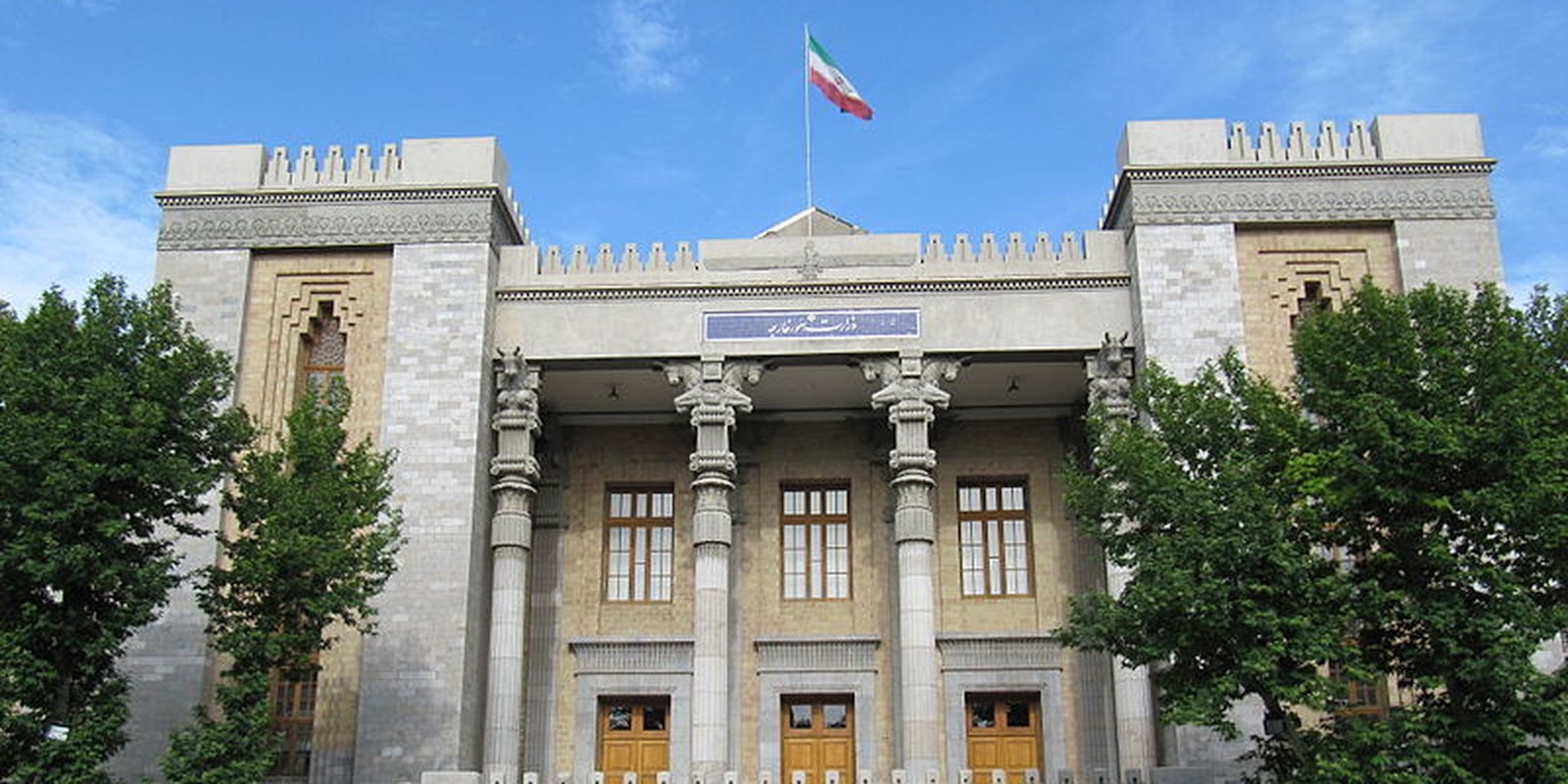The Iranian government denied any role in a cyberattack on a New York dam and multiple American banks, saying on Saturday that it did not direct the seven Iranians indicted by the Obama administration for the digital assaults.
“The Islamic Republic of Iran has never had dangerous cyber actions on its agenda and does not support such measures,” Iranian foreign ministry spokesman Hossein Jaber Ansari said in a statement.
Ansari deflected blame for the incident by pointing to the United States’s unprecedented cyberwarfare campaign against Iran’s nuclear program.
Under Presidents Bush and Obama, the United States and Israel developed advanced malware, called Stuxnet, that in 2010 infected Iranian nuclear facilities and gradually destroyed a thousand of its centrifuges, setting back the country’s nuclear program and paving the way for a landmark arms-control agreement reached last year.
According to Ansari, Stuxnet put civilians in danger.
“The United States, which with its cyber attacks against Iran’s peaceful nuclear facilities put millions of innocent Iranians at the risk of an environmental disaster, is in no position to accuse citizens of other countries, including those of Iran,” he said.
The Iranians accused of hacking the Bowman Avenue dam, located about 30 miles north of New York City, were unable to cause any damage because of ongoing repairs that insulated systems from their actions.
But the hacker who breached the dam, 34-year-old Hamid Firoozi, would have been able to “control water levels, control flow rates, and could have presented a clear and present danger to the people of New York,” the Justice Department said in an indictment unsealed on Thursday.
The hackers allegedly also hit 46 U.S. financial institutions with distributed denial-of-service (DDoS) attacks, which crash a computer network by overloading it with traffic.
H/T Times of Israel | Photo via sipo/Flickr (CC BY 2.0)


